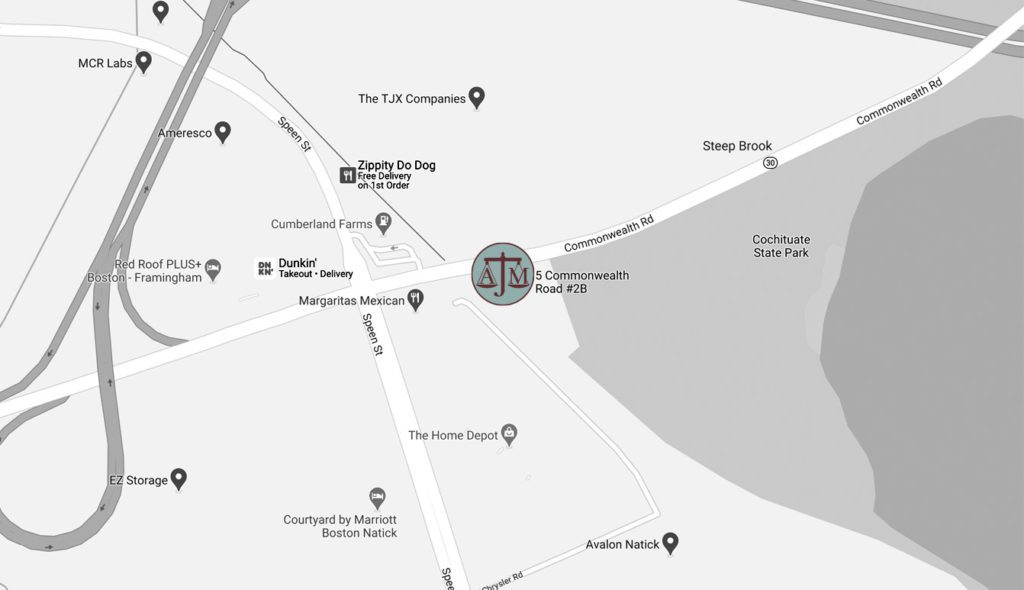Probate & Estate Administration
Probate & Estate Admin
We here at Total Counsel Law Group meet you where you are. Losing a loved one may be the hardest things a person goes through during their lifetime. Whether your loved one had an estate plan with us or with someone else we can help you administer their estate. Perhaps they didn’t have any estate plan that is where probate comes into play. The probate process can seem daunting. Personal Representatives, also known as an executor, executrix, or administrator of an estate, will find comfort working with a knowledgeable professional. We strive to reduce the stress of probate by educating our clients, considering and addressing issues and collaborating with other professionals involved in the transaction.
It’s hard enough trying to make sense of an estate and who needs to get what, add in siblings that don’t get along, and it can take an emotional toll at an already emotional time. We are here to offer our services and act as mediator to help get everything squared away quickly and cleanly.
We strive to handle each client’s matters respectfully, confidentially, and professionally. With the counseling approach our firm takes, we have been able to maintain harmony amongst families during this emotional time period. From contacting beneficiaries, gathering assets and communicating with the court and IRS, it can be particularly difficult while also grieving the loss of a loved one. We regularly represent clients who serve in a fiduciary capacity, such as personal representative, administrator, and guardian.
The federal and state procedures of estate administration are time consuming, detailed, and rigid. We are trained to handle everything including opening, and closing probate, probate inventory and accounting, and filing final individual income tax returns and estate tax returns. We provide assistance in planning for the heirs to an estate, have access to a wide range of professionals to assist in a multitude of estate matters and help clients meet deadlines in the administration process.
Here are some essential reminders about the probate process and how we can assist with the process.
What is probate and how does it work?
Probate is the act of proving that, if a person died with a will, the deceased’s written wishes are in fact their own, and that those wishes are followed to the letter. If the deceased did not have a will or trust then probate gets a bit more tricky. In that case the courts need to decide who should, legally, receive what.
I was named Personal Representative what should I know about the probate process?
A personal representative is required to prepare and file an inventory and a list of claims after the representative is approved by the court. The property must be valued and even appraised as necessary. The claims include debts that are owed to the estate, not debts the estate owes to another party. The inventory provides both potential beneficiaries and creditors of the estate an idea of the estates assets and claims. If the inventory is filed late, the representative could be fined and removed, which would slow down the process (and potentially raise tempers).
What else do I need to know?
The fundamental duties of a personal representative are the same as those of a trustee-protecting the assets and interests of the beneficiaries. Part of the responsibilities or duties of a personal representative can be to reduce the level of stress during the probate process. One way to protect those assets and interest and, at the same time, help the probate process go smoothly, is to have all your ducks in a row.
The representative must keep the beneficiaries in the loop informing them that the will has been sent to probate as well as providing a copy of the will. The personal representative also must inform the beneficiaries of regarding any information that could affect their rights.
As personal representative you are responsible for the care and maintenance of any estate property. You are only able to sell any property that is perishable or would deteriorate in value during the probate process.
Along the way, there are taxes to be paid and returns to be filed, along with many other details.
What happens if the personal representative does something wrong?
The representative can be removed if proven to have been guilty of any gross misconduct or mismanagement in the role of representative. The representative may be subject to a suit for breach of fiduciary duty.
What can I expect as a beneficiary?
One thing to realize if you are a beneficiary is that the will may be “read” a few days after the funeral, but the gifts and bequests are not given out at that time. The representative must settle the decedent’s debts and claims before he or she can make any distribution of the assets.
